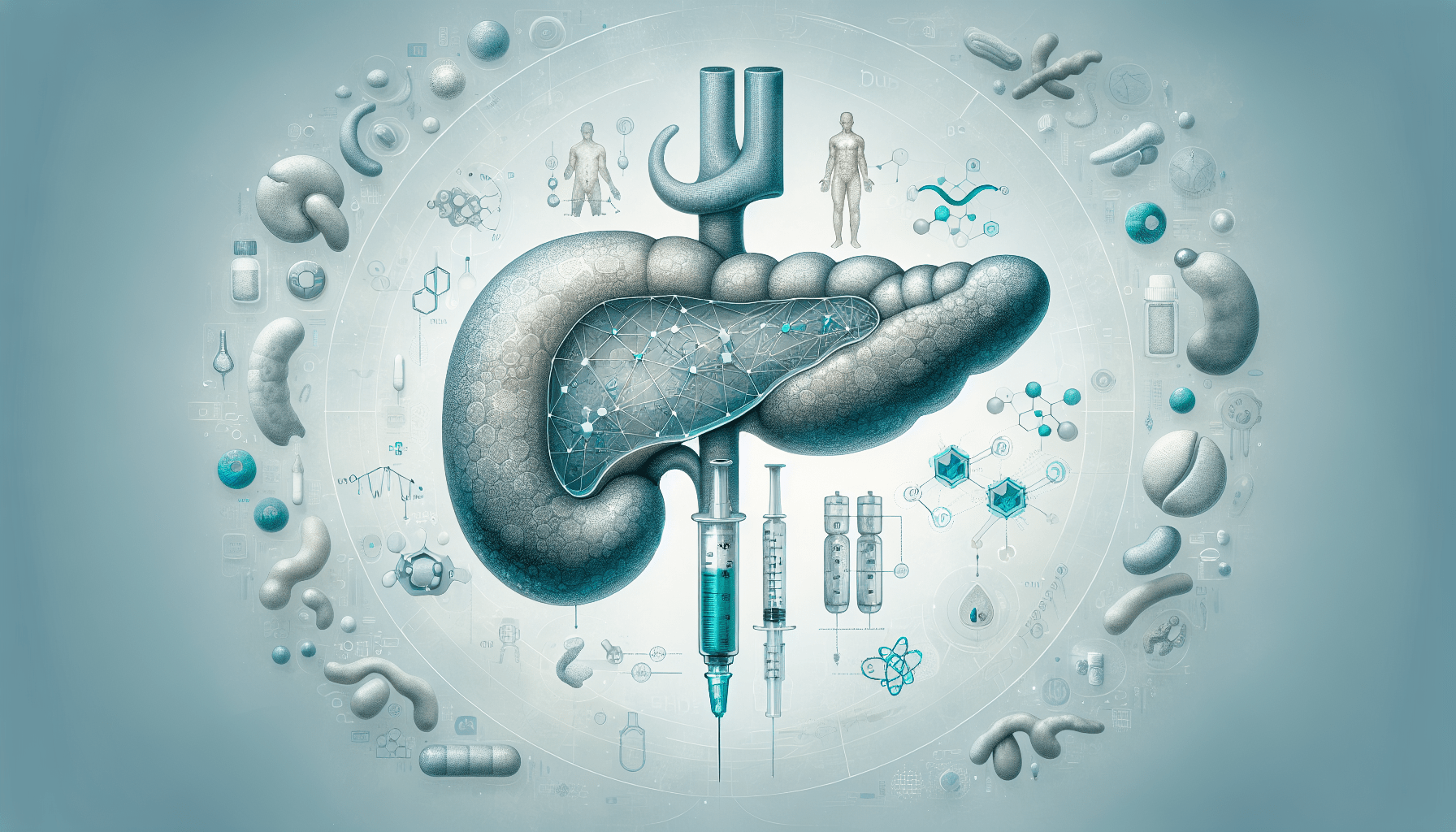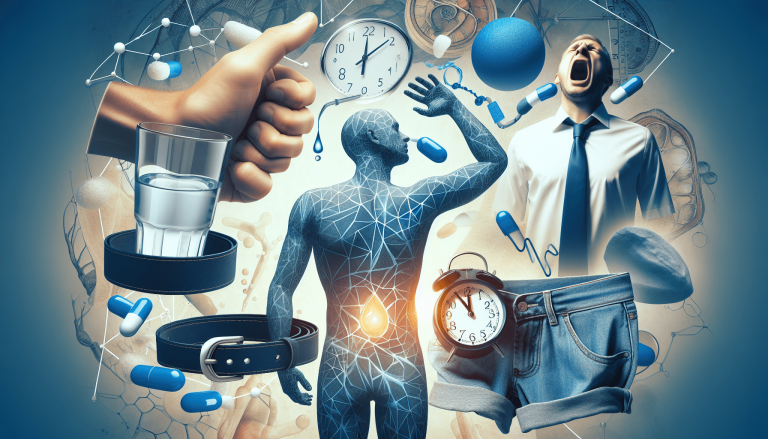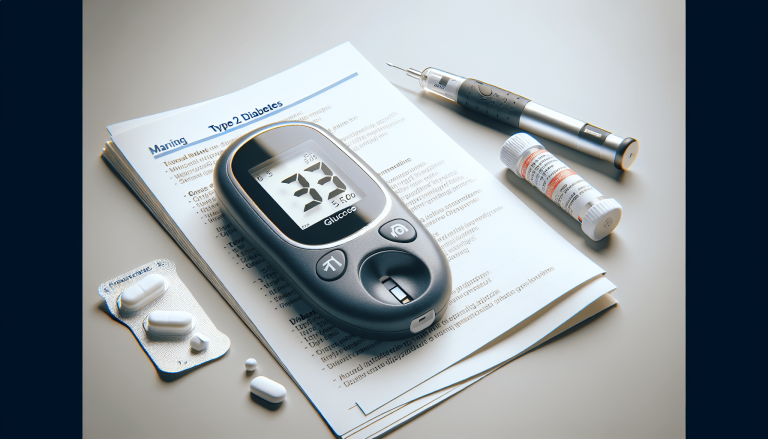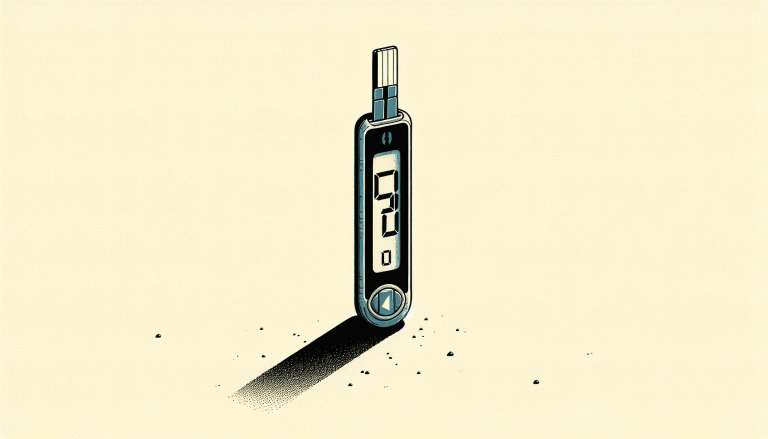What Is The Prognosis Of Type 2 Diabetes?
Welcome to your guide on understanding the prognosis of Type 2 Diabetes. In this article, you’ll discover how lifestyle choices, medical advancements, and individual health factors intertwine to shape the future for those living with this condition. By focusing on proactive management and consistent care, you can gain a clearer picture of what to expect and how to maintain a better quality of life. So, let’s dive in and explore the outlook for type 2 diabetes together. Have you ever wondered what the prognosis of Type 2 Diabetes is? It’s a common question, especially if you or someone you know has been diagnosed with this condition. Understanding what to expect can not only provide peace of mind but also help you take the right steps towards managing your health. Fortunately, with the right care and lifestyle changes, many people lead full and active lives despite having Type 2 Diabetes. So let’s dive into what you can expect and how you can improve your prognosis.
Understanding Type 2 Diabetes
Type 2 Diabetes is a chronic condition that affects the way your body metabolizes sugar (glucose), which is a crucial source of energy for your muscles and tissues. It occurs when your body either resists the effects of insulin—a hormone that regulates the movement of sugar into your cells—or doesn’t produce enough insulin to maintain normal glucose levels.
Causes and Risk Factors
Many factors can contribute to the development of Type 2 Diabetes. These include genetics, obesity, inactivity, and certain lifestyle choices. Knowing what puts you at risk can help you make informed decisions to potentially delay or prevent the onset of this condition.
Symptoms to Watch For
- Frequent urination
- Increased thirst
- Fatigue
- Blurred vision
- Slow-healing sores
Paying attention to these symptoms can lead to earlier diagnosis and treatment, improving your overall prognosis.
Prognosis Overview
The prognosis of Type 2 Diabetes varies greatly depending on a number of factors, including how well you can control your blood sugar levels. While it is a lifelong condition with no known cure, it can often be managed effectively with lifestyle changes and medication.
Factors Affecting Prognosis
- Age at Diagnosis
- Blood Sugar Control
- Presence of Complications
- Lifestyle Choices
- Adherence to Treatment
Each of these factors plays a crucial role in determining how well you can manage your condition and what your long-term health outcomes will be.
Short-term vs. Long-term Prognosis
In the short term, controlling your blood sugar levels can significantly improve your quality of life. In the long term, managing Type 2 Diabetes can reduce the risk of severe complications such as heart disease, kidney failure, and neuropathy.
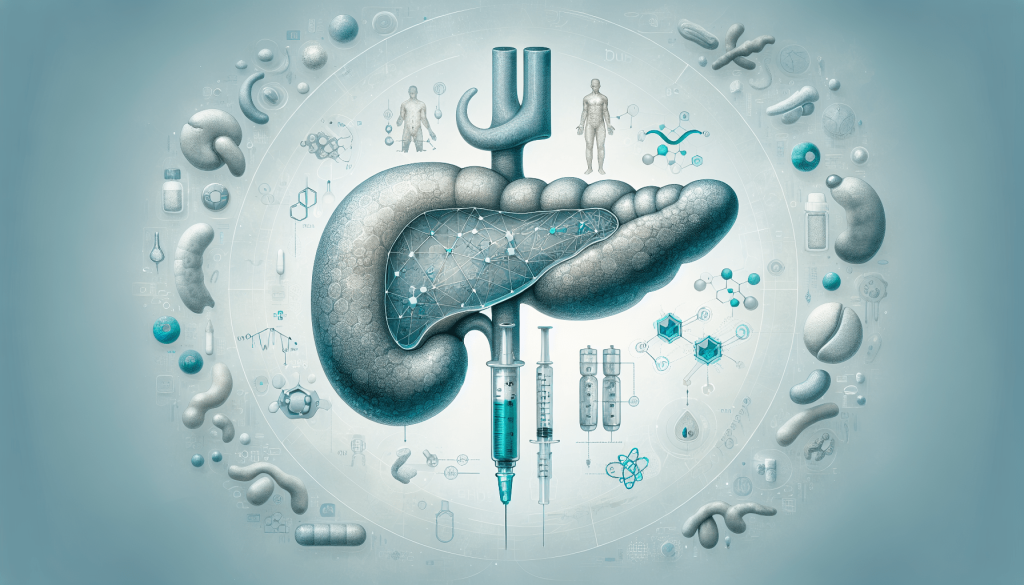
Complications and Risks
If not properly managed, Type 2 Diabetes can lead to various complications. Being aware of these risks can motivate you to stick to your treatment plan and make healthier lifestyle choices.
Cardiovascular Problems
- Heart Disease
- Stroke
- High Blood Pressure
These are common complications associated with diabetes and can significantly impact your long-term prognosis.
Nerve Damage (Neuropathy)
High blood sugar can injure the walls of tiny blood vessels (capillaries) that nourish your nerves, especially in your legs. This can cause tingling, numbness, burning, or pain.
Kidney Damage (Nephropathy)
Diabetes can damage the filtering system of your kidneys, leading to kidney failure, which might require dialysis or a kidney transplant.
Eye Damage (Retinopathy)
Diabetes can cause damage to the blood vessels in the retina, potentially leading to blindness if not treated properly.
Other Potential Complications
- Hearing Impairment
- Sleep Apnea
- Skin Conditions
- Alzheimer’s Disease
Treatment Options
The cornerstone of managing Type 2 Diabetes is maintaining normal blood sugar levels. This can be achieved through a combination of medication, lifestyle changes, and regular monitoring.
Medications
- Metformin: Often the first medication prescribed.
- Sulfonylureas: Help your body produce more insulin.
- Thiazolidinediones: Improve insulin sensitivity.
- DPP-4 Inhibitors: Help reduce blood sugar levels.
- GLP-1 Receptor Agonists: Slow digestion and lower blood sugar levels.
Lifestyle Changes
- Healthy Eating: Opt for low-carb, high-fiber diets.
- Regular Exercise: Aim for at least 150 minutes of moderate exercise per week.
- Weight Loss: Even modest weight loss can make a significant difference.
- Regular Monitoring: Keep track of your blood sugar levels to understand what affects them and how to maintain balance.
Here’s a table summarizing key lifestyle changes:
| Lifestyle Change | Description | Benefits |
|---|---|---|
| Healthy Eating | Low-carb, high-fiber diet | Stabilizes blood sugar levels, promotes weight loss |
| Regular Exercise | 150 minutes/week of moderate activity | Improves insulin sensitivity, enhances overall health |
| Weight Loss | Reduce total body weight by 5-10% | Improves blood sugar control, reduces risk of complications |
| Regular Monitoring | Checking blood sugar levels daily | Helps understand trends, allows for timely adjustments |
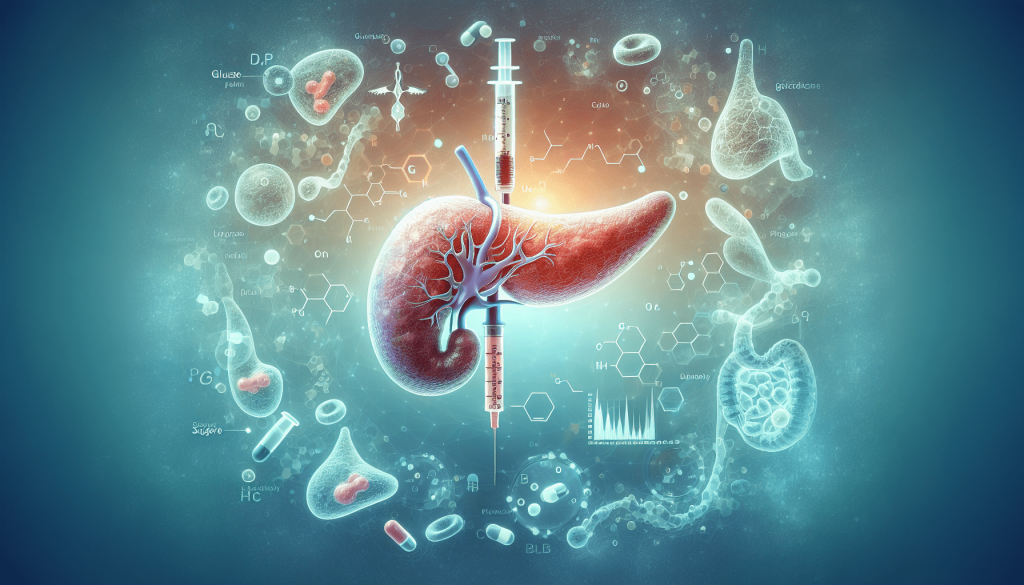
Monitoring Your Condition
Keeping track of your condition involves regular check-ups and tests to ensure that your treatment plan is effective and to make any necessary adjustments.
Regular Blood Tests
- A1C Test: Measures your average blood sugar level for the past 2-3 months.
- Fasting Blood Sugar Test: Measures your blood sugar after an overnight fast.
- Postprandial Blood Sugar Test: Measures blood sugar two hours after a meal.
Regular Health Check-ups
- Eye Exams: To check for retinopathy.
- Kidney Function Tests: To monitor for nephropathy.
- Foot Exams: To check for neuropathy and sores.
- Blood Pressure Monitoring: To manage cardiovascular risk.
Importance of Support and Education
Support from healthcare providers, family, and friends can make a huge difference in managing Type 2 Diabetes. Engaging in self-management education and support programs can provide the skills and motivation needed to manage your condition effectively.
Emotional Support
- Counseling and Therapy: Helps you cope with the emotional aspects of chronic illness.
- Support Groups: Connects you with others who understand what you’re going through.
Educational Resources
- Diabetes Education Programs: Teach you how to manage your condition.
- Online Resources: Offer a wealth of information and tips.
- Books and Journals: Provide in-depth knowledge.
Future Directions and Research
With ongoing research and advancements in medicine, the future looks promising for those living with Type 2 Diabetes. From new medications to innovative technologies, there’s a lot on the horizon.
New Medications
Researchers are continually developing new drugs that better manage blood sugar levels and reduce the risk of complications.
Technological Advances
- Continuous Glucose Monitors: Provide real-time readings of blood sugar levels.
- Insulin Pumps: Deliver insulin more accurately and conveniently.
Genetic Research
Understanding the genetic factors can lead to personalized treatment plans that are more effective.
Conclusion
While Type 2 Diabetes is a serious condition, it doesn’t have to define your life. With a proactive approach, including medication, lifestyle changes, regular monitoring, and support, you can manage your condition effectively and enjoy a high quality of life. Always stay informed and engage with your healthcare provider to adapt your treatment plan as needed. Remember, you have the power to influence your own prognosis, and each healthy choice brings you closer to a better future.
Additional Resources

People are reversing their type 2 diabetes by adding this to their coffee…
It might seem strange but… When you take this one ingredient with your morning coffee, you’ve just got yourself the quickest and easiest way to reverse high blood sugar.
It’s not cream or other common sweeteners, and it’s not anything that will affect the taste… But it’s clinically shown to trigger a diabetes-reversing “domino effect” mechanism that slashes your blood sugar in the first 48 hours.

